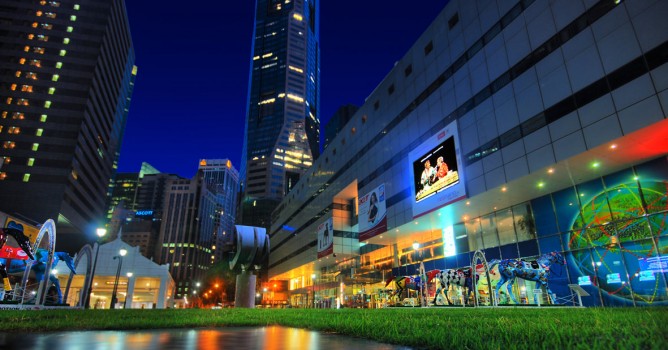Singapore: A Future Economic Powerhouse?
How Singapore blossomed into a world-class economic example
Written by Exequiel Octavio Bertaina, Staff Writer
On 9 August 1965, after enduring two years of intense friction with the Malaysian central government in Kuala Lumpur, Singapore declared its independence to become the Republic of Singapore. Singapore chose to maintain a certain social and cultural distance from its neighbouring countries, while deliberately developing a new and distinctively ‘Singaporean’ culture and social identity. By late 1989, though physically small, Singapore was an economic giant. It is a multicultural, modernized and orderly country, with its major cities populated by a mosaic of individuals hailing from Chinese, Arab, Malaya, Indian and English backgrounds.
Economic Reform
The components that propelled Singapore’s success were comprised of major reforms in every aspect of the country. The central government was aware of the need to develop policies that would enable Singapore to attract investors and business, so it instated policies that would promote international trading and ensure economic development.
Education Reform
In 1979, the educational system was overhauled, with one of the primary goals being to decrease the dropout rate and to help those with low academic performances leave school with some marketable skills. The schools now operate on a modified British-style system in which the main qualifications are equivalent to the Cambridge University General Common Entrance Examination levels. The primary language of instruction in schools is English, while varieties of distinctive dialects (of Chinese, Indian and Malaysian background) hold primacy at home, where traditional practices and language customs are still prominent.
In 1987, Singapore’s school system saw further reform when 4 percent of the gross domestic product (GDP) was devoted to education, but the government’s goal for the 1990’s was to increase spending to 6 percent of their GDP, which would match the levels of Japan and the United States. While education was not obligatory in Singapore, records suggest that attendance is nearly universal. Primary education is free and citizens receive free education until they reached university. There were special funds available to ensure that no student dropped out because of financial need and they even created a system of loans, bursaries and scholarships for superior academic performance.
Industrial Legacy
When Singapore separated from Malaysia, the Singaporean industrial sector was miniscule. In 1960, it was a mere 11.4 percent of the GDP and commerce was by far the largest sector, which accounted for 32 percent of the GDP. In 1959, the country began implementing new policies to promote industrialization. Singapore adopted several new import/export policies, including the 1967 “Proclamation of the Export Expansion Incentives Act” and the 1968 “Employment Act”.
These policies ensured that direct foreign investment was viable, allowing Singapore to become a serious contender on the international market. Throughout the 1970’s various programs were implemented in order to encourage the growing industrial structure and to accelerate the country towards higher skilled, more technology driven and higher valued economic activities.
Technological Development
Back by government encouragement in the 1970’s, Singapore’s technological industry began a calculated transition away from labour-intensive products and towards the development of more technologically advanced production facilities. The National Computer Board was created in 1981 to help establish Singapore as an international center for computer services. In addition, it reduced the shortage of trained computer professionals and assured that high-tech professionals trained in Singapore had skills that were competitive on the international job market.
In order to ensure the continued health of the technological sector, the Singapore parliament passed its first copyright law in 1986, to restrict the manufacturing and selling of black market goods. Laws such as this were important in order to avoid trade sanctions by the western markets.































Share the post "Singapore: A Future Economic Powerhouse?"